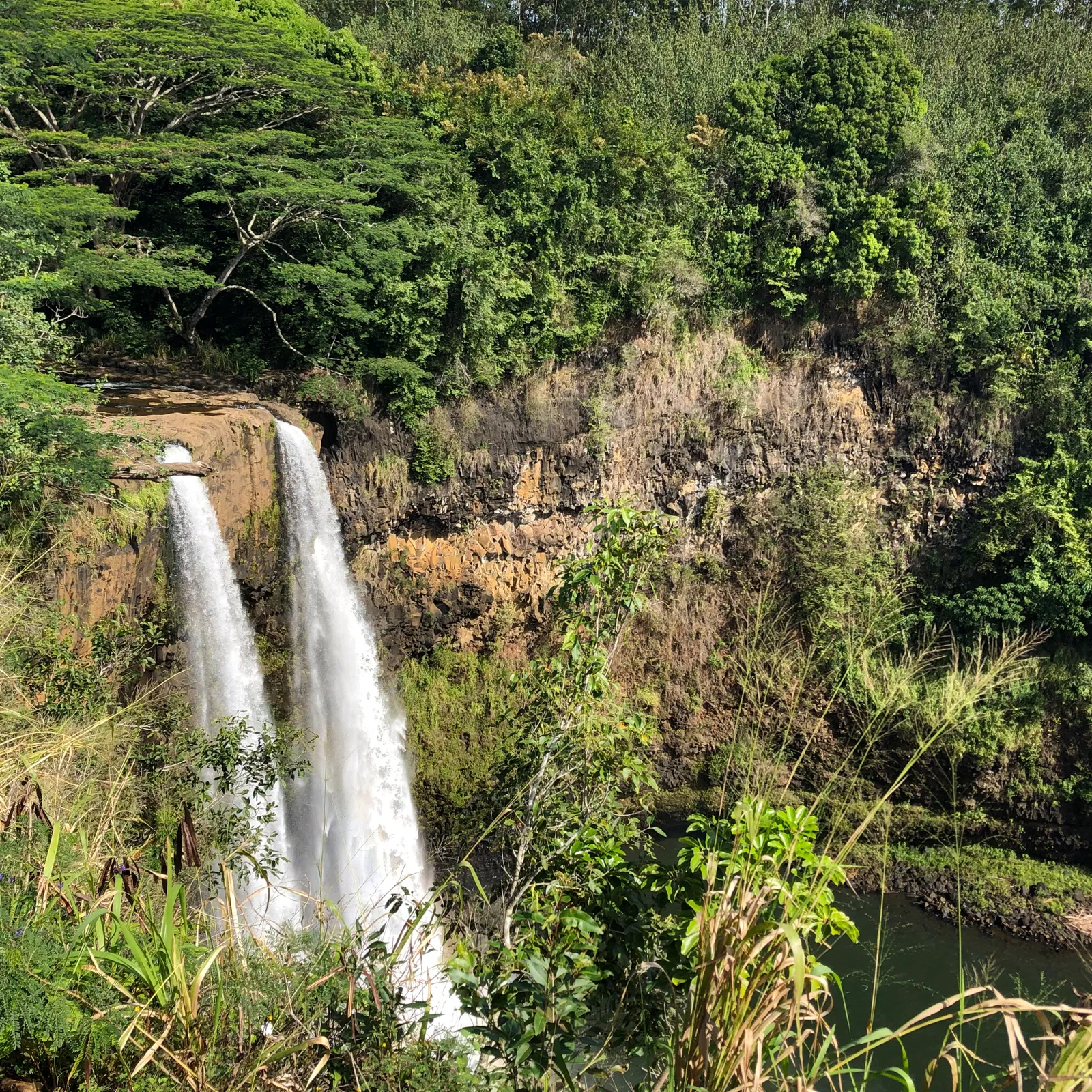We moved more straw to add to our lasagna layers (Leah and Becca loved the pitchforks, which was a new tool to them, and moved garden cart after garden cart load), in addition to continuing to empty out compost and spread layers of it, and we've also lined up bags and bags of leaves from the neighbors. We will need to plant more... but Natalie and I did plant spinach, beet, carrot, and radish seeds as well as our seed potatoes.
Now I need to remember to water!
We can't wait to see how these things grow. As we add more bird feeders, we've observed more wildlife in our yard, including a little chipmunk who visits very day. So there are plants and animals both to watch! This is not only Farming & Gardening but it's botany and zoology and geology. I recently heard about Foldscopes... have you SEEN this? A 50 cent paper microscope that folds like origami!!!
This is from "a research team at PrakashLab at Stanford University, focused on democratizing science by developing scientific tools that can scale up to match problems in global health and science education.... Foldscope, a new approach for mass manufacturing of optical microscopes that are printed-and-folded from a single flat sheet of paper, akin to Origami."
Newbery honor book
The Evolution of Calpurnia Tate
I have done this as a read-aloud, as has Denise, and it has been a favorite!
One of the things I'm really excited about for homeschooling 6th and 8th grade next year is the ability to do a lot of Science, integrate it into our daily lives, and not have to stop exploring a concept when a "unit" is over. Even if we do Main Lesson Blocks, and let something rest and then return to it, if I keep the curiosity, creativity and exploration aspect open throughout the year, they can continue to engage in observation and scientific inquiry.


















 Immersive Experience
Immersive Experience Immersive Experience
Immersive Experience






No comments:
Post a Comment